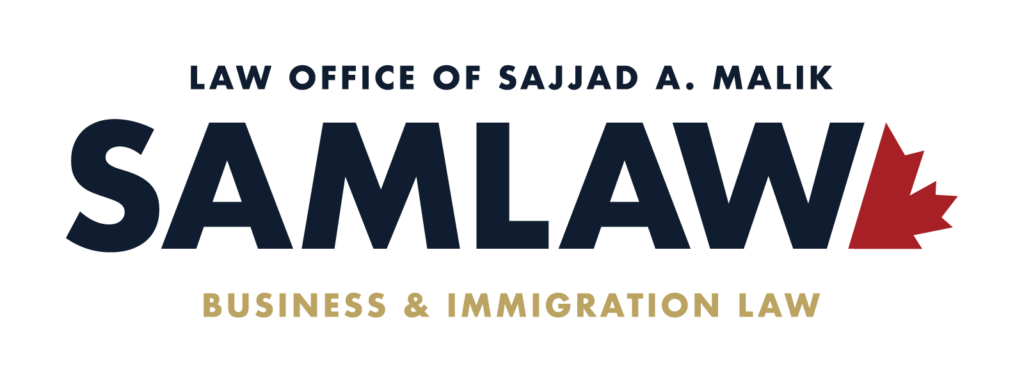Resolutions and management documentation
The resolution and management are covered under immigration as Alternative Dispute resolution. An ADR is a chance to attempt to determine your appeal rapidly by meeting with the Minister’s legal counsellor to check whether the public authority will agree to your allure without the requirement for a full hearing.
The ADR Program was launched following the recommendation of a Working Group formed by the IAD in 1997, whose aim was to look at the possibility of introducing ADR to the adjudication process.
The ADR Program has been in use in Toronto since 1998, in Vancouver since 2000, in Montreal and Calgary since 2003, and in Ottawa since 2004.
The IAD started the ADR Program as a way of fulfilling its mandate of achieving early resolution for all parties in the appeal process. The IAD sees ADR as a good alternative to the tedious litigation process which involves an IAD Member, your counsel, and Minister’s counsel.
They are, at their most basic level, processes (governed by legislation, regulations, rules and/or protocols) that resolve disputes outside the courts. Tribunals, boards, commissions, and other administrative decision makers are creatures of statute, vested with the power to make such determinations.
The administrative regime addresses disputes that society has deemed better suited to resolution in more efficient contexts by specialized decision makers. ADR is generally accepted to include more informal, collaborative efforts to help parties move toward a resolution of their conflict outside adversarial adjudication.
The IRB uses several methods that could be described as ADR. The Board uses the term “Early Resolution” to describe these processes, a term which they define as “mediation and other proactive interventions”. The IAD still uses the term ADR but appears to equate it with a specific dispute resolution process – the “ADR Conference”. ADR Conferences are procedurally akin to mediations.
The IAD adopts the broader IRB terminology and currently uses the term “Early Resolution” or “Early Resolution Processes” to connote all efforts made by staff and decision makers to resolve claims without need for a formal hearing. ADR Conferences are but one important piece of this overall Early Resolution initiative. The distinction is intended “to signal that different processes may be appropriate for different kinds of disputes or in different types of settings. ADR therefore implies a certain flexibility and the tailoring of processes to fit the needs of a particular conflict. It is not the mere classification of processes as falling inside or outside the litigation stream.
The concepts underpinning the terms ADR (as used by dispute resolution scholars) and Early Resolution (as used by the IRB and its IAD) are substantially the same. Both terms provide the need for flexibility to adapt to the needs of particular parties and disputes.
SAM LAW specializes in business disputes and resolutions in Canada. If you are looking for help in ensuring you solve your business disputes quickly and carefully, please schedule a consultation using the button below today.
